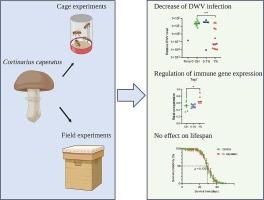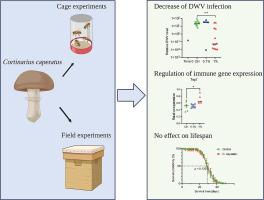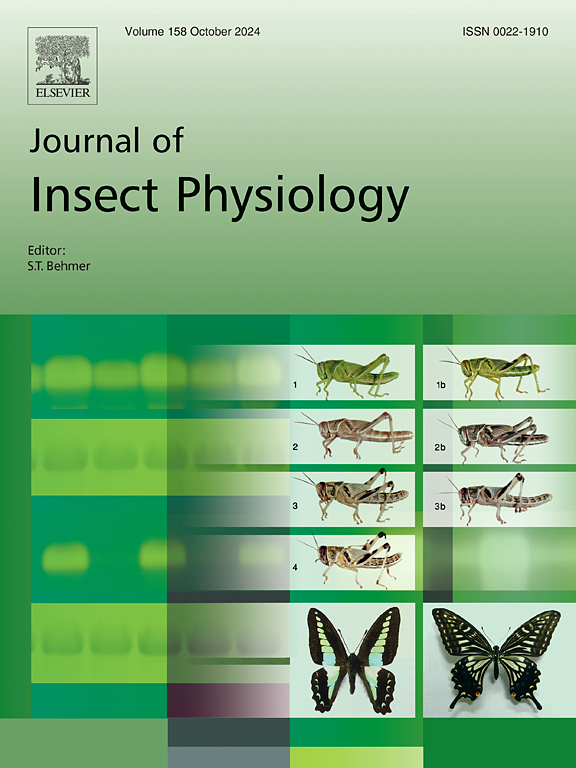Alcohol extract of the gypsy mushroom (Cortinarius caperatus) inhibits the development of Deformed wing virus infection in western honey bee (Apis mellifera)
Abstract
Deformed wing virus (DWV) transmitted by the parasitic mite Varroa destructor is one of the most significant factors contributing to massive losses of managed colonies of western honey bee (Apis mellifera) subspecies of European origin reported worldwide in recent decades. Despite this fact, no antiviral treatment against honey bee viruses is currently available for practical applications and the level of viral infection can only be controlled indirectly by reducing the number of Varroa mites in honey bee colonies. In this study, we investigated the antiviral potential of the gypsy mushroom (Cortinarius caperatus) to reduce DWV infection in honey bees. Our results indicate that the alcohol extract of C. caperatus prevented the development of DWV infection in cage experiments as well as after direct application to honey bee colonies in a field experiment. The applied doses did not shorten the lifespan of honey bees. The reduced levels of DWV in C. caperatus-treated honey bees in cage experiments were accompanied by significant changes in the gene expression of Tep7, Bap1, and Vago. The C. caperatus treatment was not effective against the trypanosomatid Lotmaria passim. No residues of C.caperatus were found in honey harvested in the spring from colonies supplemented with the mushroom extract for their winter feeding. These findings suggest that C. caperatus alcohol extract could be a potential natural remedy to treat DWV infection in honey bees.



 求助内容:
求助内容: 应助结果提醒方式:
应助结果提醒方式:


